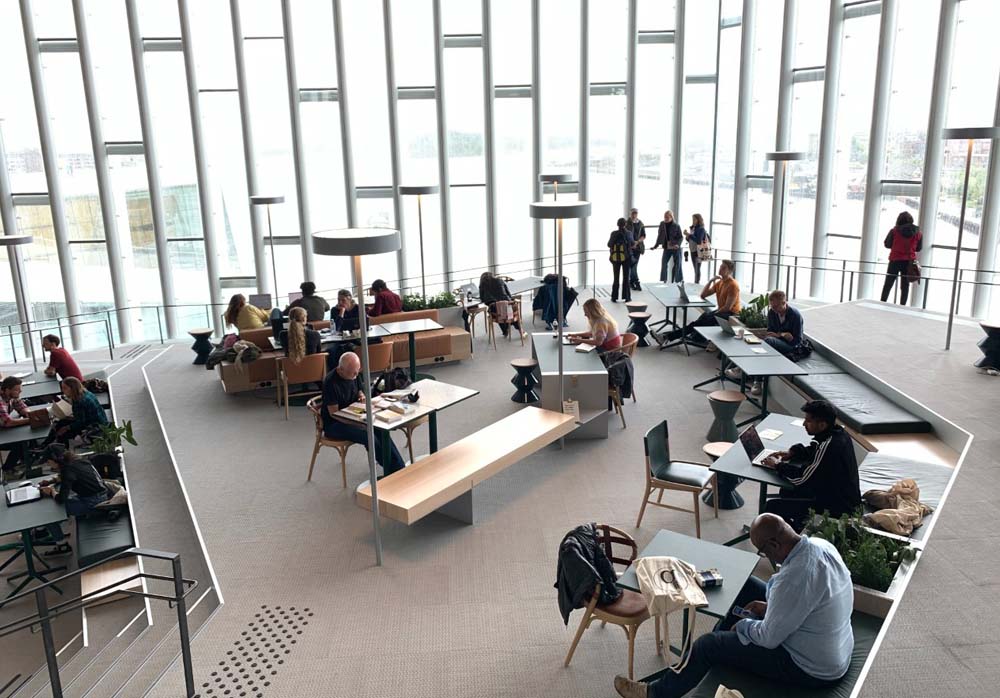Companies are always looking for new ways to retain and recruit top talent in the ever-changing world of benefits for employees. Food subsidies, particularly in the form corporate cafeterias, has emerged as an effective tool to promote a positive workplace and employee wellbeing.
Understanding Subsidized Meals:
A cafeteria in the corporate setting that is subsidized by the company is much more than a place for some quick snacks. It’s an indication of an organization’s commitment to employees’ wellbeing and well-being. This initiative revolves around the concept of subsidised meals. Employers choose to pay for the cost which allows employees to have access to healthy and affordable meals on-site.

Employee Economic Benefits
Employees who have meal plans that are subsidised are an effective method of reducing the cost of living. The financial burdens can be a lot in an environment where costs continue to rise. In subsidizing food options employers can ease the burden, enabling their employees to have high-quality meals with no cost.
Strategic Impact on Employee Satisfaction
Subsidized food programs are vital to ensure satisfaction of employees. A healthy and well-nourished workforce is an happy and happy workforce. Employees will be able to save time by not needing to leave the workplace for lunch.
Furthermore, the communal nature of a corporate cafeteria creates the feeling of community and bonding among employees. The shared meals facilitate socializing, collaborative work and informal exchanges of ideas. This can lead to an improved and more cohesive workplace.
Culinary Diversity and Employee Preferences:
Subsidized food also meets the diverse tastes of today’s workers. Corporate cafeterias typically offer an array of choices, accommodating different dietary needs and preferences. Lunch programs that are subsidised allow employees to indulge in a variety of delicious and healthy meals, no matter if they are vegetarians, vegans or have any diet restrictions.
The role of health and well-being:
Employee health is the cornerstone for success and productivity in the long run. Food subsidies can improve the health of employees by providing healthier choices for eating. Nutritionists can aid companies in designing menus that emphasize healthy, balanced options which will positively impact the health of their employees.
Promoting a positive work environment:
Subsidized meals play a crucial role in shaping the culture of a workplace. The meals are an opportunity to show employees that the business cares with their well-being. This gesture goes beyond the mere payment of a salary. It creates an uplifting and positive work environment that promotes employee loyalty and commitment.
Win-Win Situation for Employers
Subsidized meals are not only beneficial to employees, but also for employers as well. A healthy and happy workforce is likely to be more creative, productive and engaged. Positive effects on retention of employees and recruiting can lead to longevity-long success of the business.
Conclusion:
Subsidized lunches, especially in the form a corporate cafeteria, are not only a nifty item in the list of employee benefits. They are an important investment for the success, wellbeing, and happiness of your workforce. Offering subsidised meals to employees is an effective method of fostering an atmosphere of positive vibes at work.